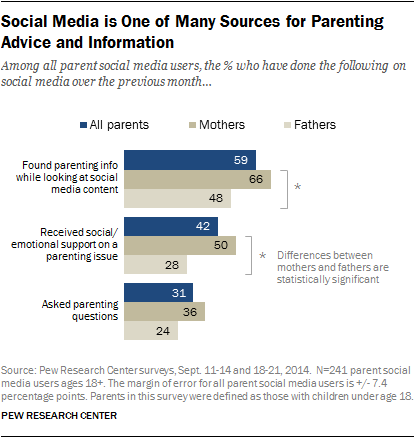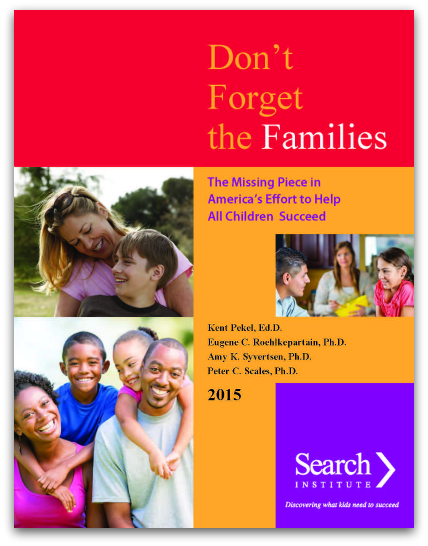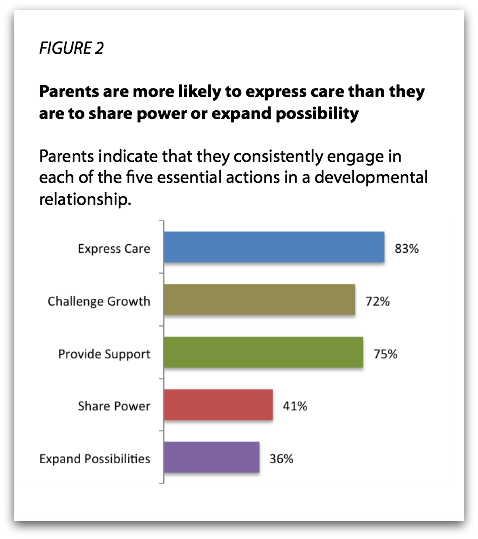
The National Literacy Trust has an online resource entitled Words for Life that provides tips, downloadable activities, and other resources for parents to encourage them to read to their children. At the launch of the Words for Life resource, the Trust shared findings from a study. In an article about the research, the Trust shared that:
Nearly a third (29%) feel the most important influence on their children’s communication and language skills lay with someone other than themselves
15% cite teachers as having the biggest influence on these skills
One parent in seven (14%) does not spend any time on a daily basis supporting their children’s literacy development, for example by singing nursery rhymes or reading with them
Yet, the good news is that nine out of ten (91%) parents would like to spend more time helping their child develop their literacy skills.
The article also shared a testimony from Natalie Cassidy, a mother, who wrote:
Having my own daughter enjoy reading, writing and sharing her experiences with me and her dad is extremely important to me. Every night I read with her and we sing all the time! Reading has to be made fun, books are fabulous for the imagination and to help little personalities grow. Every parent should join the library, or buy just one book and share the joy of literature with their children. Happy reading!
Be sure to check out the Words for Life site. To visit the parent site for National Literary Trust, click here. To read my review of Scholastic research on the importance of reading aloud, click here.












